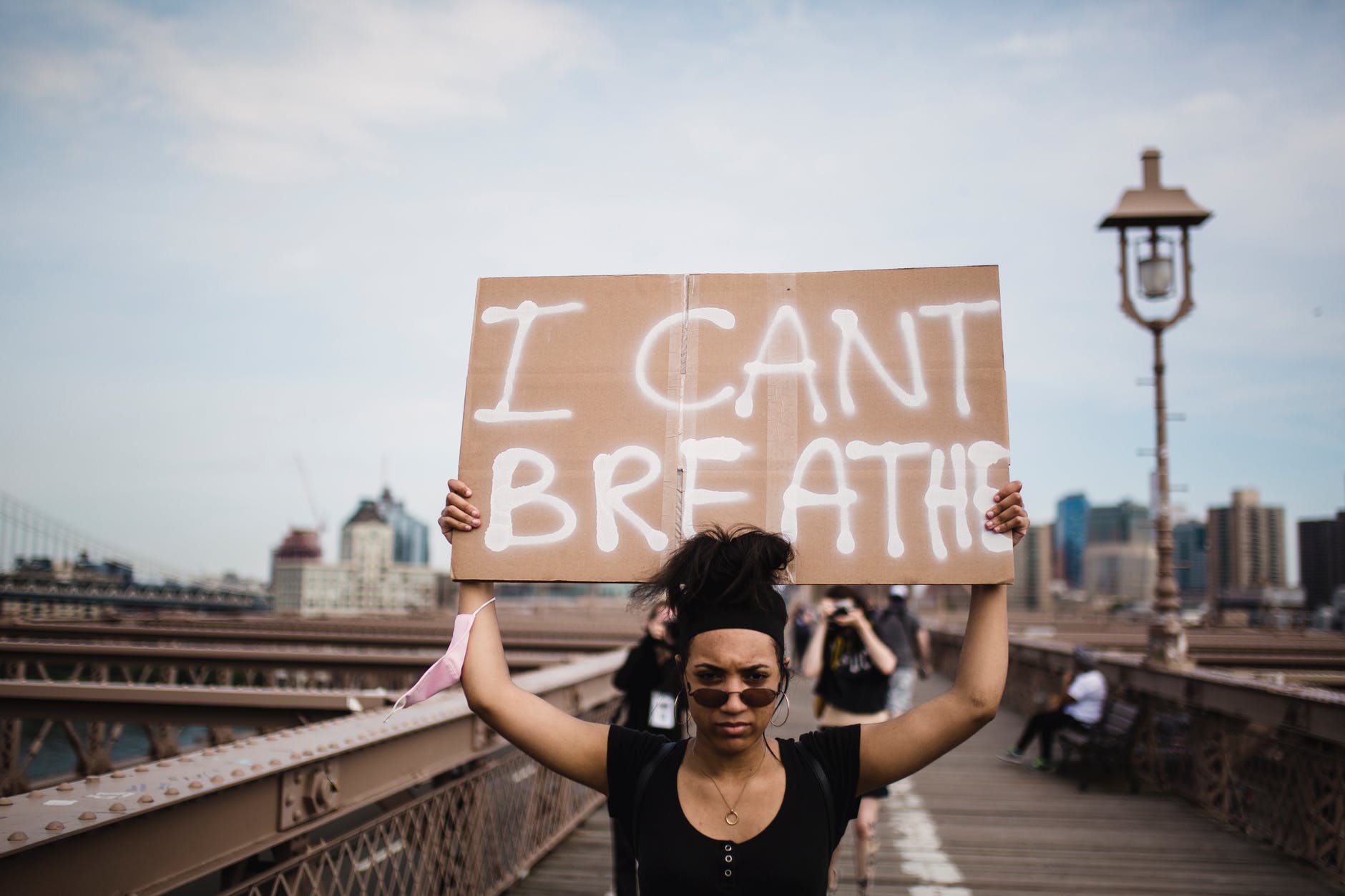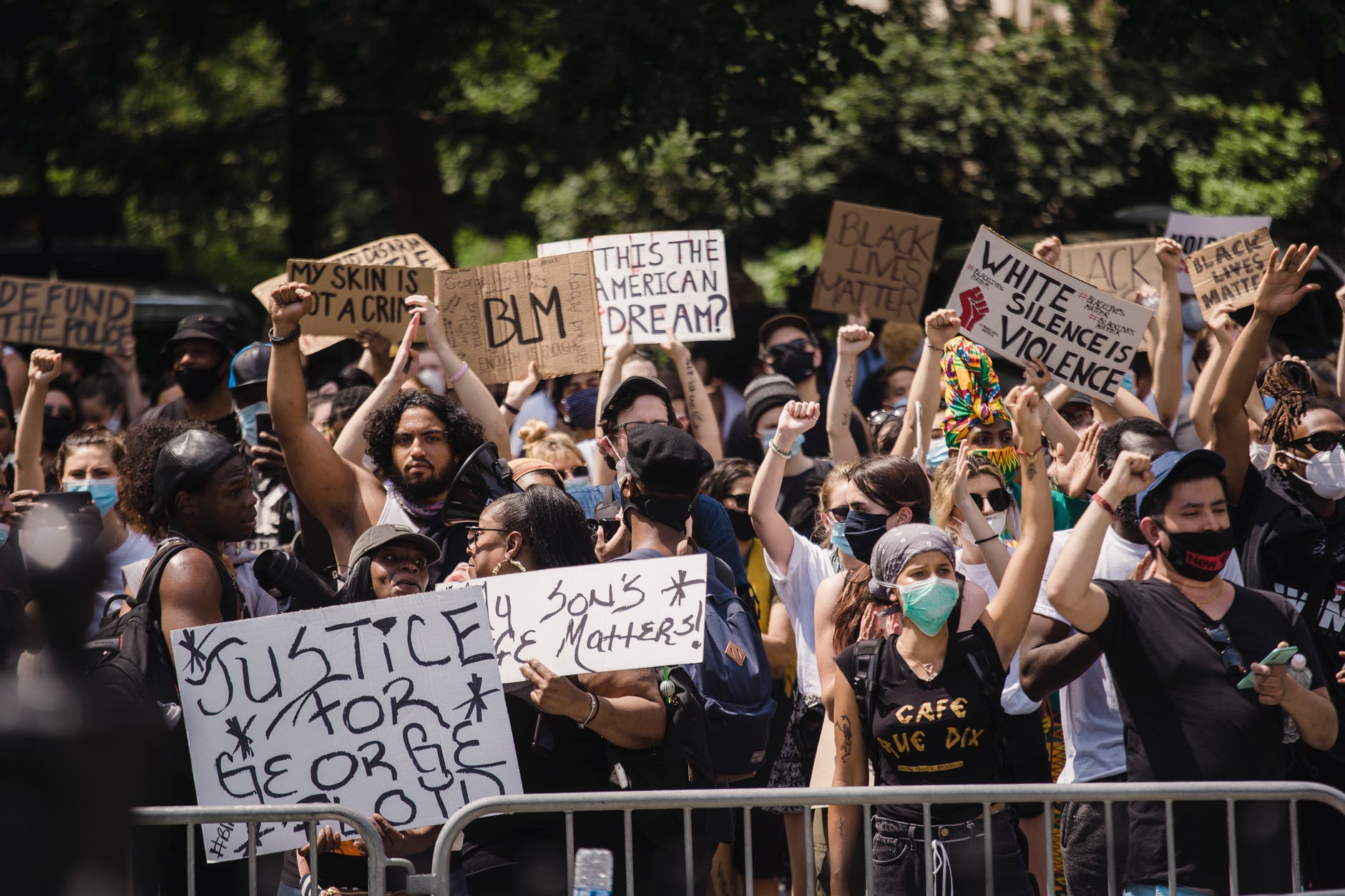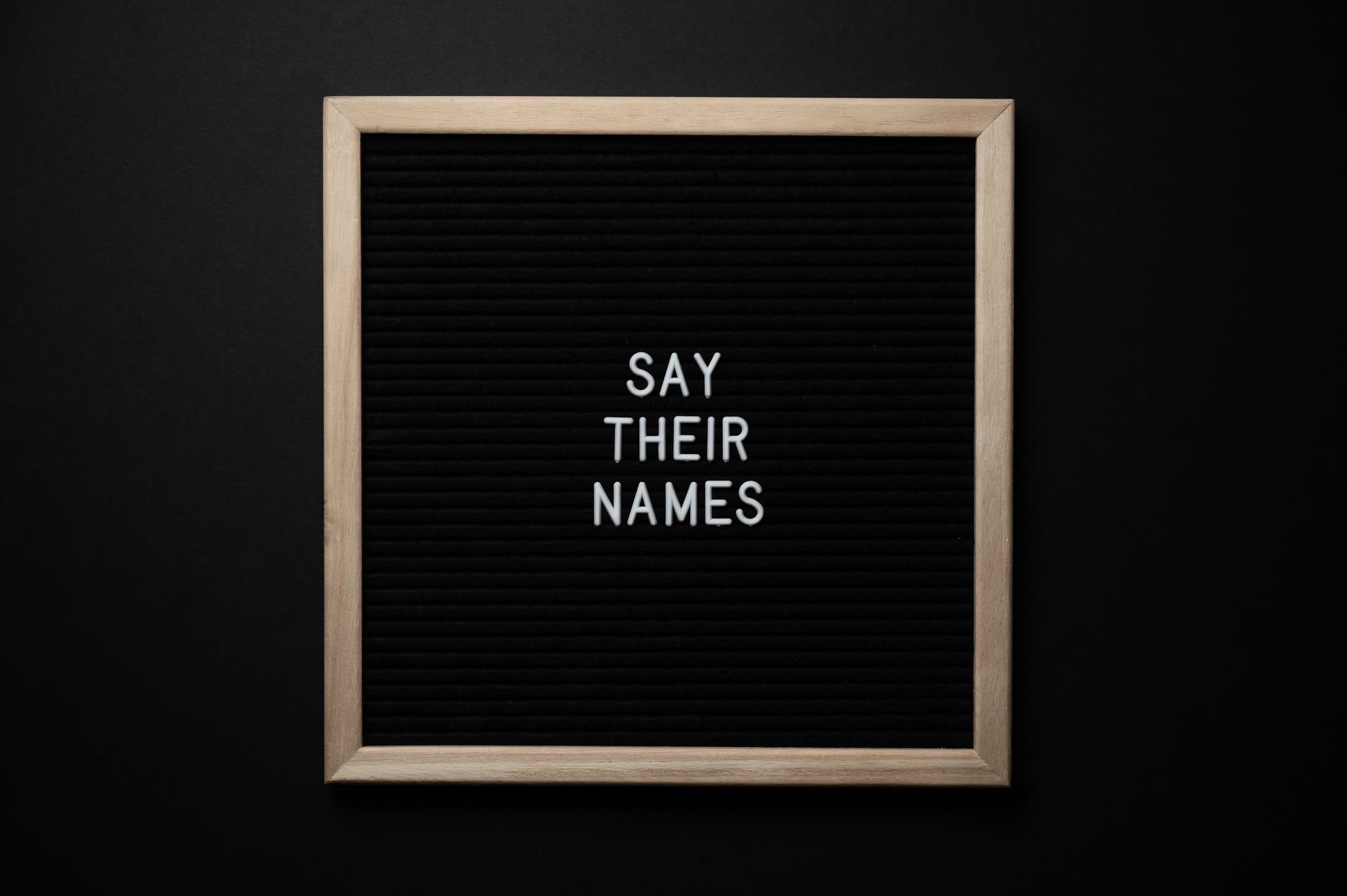I’ve seen a lot of posts on social media as the trial against the individual responsible for George Floyd’s death is underway in my hometown of Minneapolis. One post, in particular, stands out for me. It’s the post that says something to the effect of “George Floyd is not on trial!” This is absolutely true.
I very much appreciate the sentiment in that message and have a healthy respect for the grief, outrage, and perpetual injustice which lies at the basis of this message. I have a different but somewhat related message I want to write about in today’s blog. I want us all to remember the names of those who have been harmed by the “system” of patriarchal white body supremacy, which utilizes the strategy of power over. This “system“ has been part of the landscape since the inception of America. This is sometimes a disputed fact from our history. There is no disputing it though. Groups of individuals from Europe came to America with a hope to escape the tyrannical reign of monarchies from the countries they came from. And as is seen time and time again in human history, those perpetrated upon often will become the perpetrators of violence upon others.
I am not here to give you a history lesson, but a psychological one. Intergenerational trauma also known as transgenerational trauma is the epigenetic phenomena whereby psychological trauma symptoms are passed to future generations without any exposure to the original trauma. What that means is the trespasses of the past are literally living in our bones. And until we choose to face and heal from them as a nation, we continue to pass them on to our future generations. As a trauma therapist, I have seen how this phenomena ravages entire families and communities when a past trauma is not addressed or healed. In so many ways, this is the phenomena we face in America. Our disputing that a ”system” of patriarchal white body supremacy which utilizes the strategy of power over is at play, is what fuels the continued transmission of this trauma on generations even now. The hope is in the healing, and what I offer in today’s post are my thoughts on a way to work towards that healing.

I personally, am not interested in using the names of individuals who have perpetrated violence and/or perpetuated an aspect of this “system” in any way. And here is why: The most basic mechanism of oppression is dehumanization. To take the “person” out of the equation and insert a vaguer construct of some aspect of their personhood. For instance, George Floyd’s being a “black man”. The concept of “black man” is vague, ill defined, left for assumption (which I remind you makes an ASS of U and ME), and without humanity. Once the humanity is gone, it is easier to depersonalize our thoughts, statements, and judgments about the ill defined construct, “black man”. And this is by design. The “system” of patriarchal white body supremacy works to preserve it’s power over by dehumanizing the victims of its reign and humanizing the perpetrators of its staying in power. This is strategic. I want to demystify that process a bit, because I believe that knowledge is powerful in helping us better understand how the constructs of oppression stay in place. It gives us the option to choose differently how we want to show up to the race inequality trauma of America.
What I want to highlight and encourage us to do is rehumanize those who have been subjected to the “system” of patriarchal white body supremacy, which utilizes a strategy of power over in America. One of the surest ways to do this is to remember and use their names. Language is powerful in shaping how we think about things. Calling someone by their name is about as quick a way as there is to humanize them, putting in perspective the person they are and/or were. Reminding the listener this person had a name, a unique recognizeable face that was associated with that name, and a story behind that name which is far more vast and deep than the syllable/s it takes to pronounce their name. They are not just a person, they are THE person known by that name. Brené Brown tells us “it’s hard to hate close up”. What I am suggesting here is one of the quickest ways to linguistically accomplish creating a “close up” connection.
Oppression itself is inhumane. And it is best for us to keep iterating and reiterating that this “system” of patriarchal white body supremacy, which utilizes the strategy of power over, has no humanity in it at all. When we keep this fact in mind it helps us to distance ourselves from it and ergo offer ourselves the opportunity to show up to the “system” differently. The “system” is not part of us. It is separate from us. But make no mistake, this programming and conditioning that has happened over centuries is literally written into our DNA and into the fabric of our nation. It is our story. But we can rise up to change the narrative if we so choose. We cannot re-write history, yet we always have the ability to be the hero/ine in our story as a nation and not only want better…we can also take the steps to do better. As Ibrim Kendi noted in his book “How to be an Anti-Racist” there are only racists and antiracists. We must be against the “system” of patriarchal white body supremacy and its use of power over, in order to change it. One subtle, yet important step is to recognize that this “system” of oppression isn’t us. It is of us. The “system” is a product that comes from our making. And it is a product that we can change.

So I encourage us all to remember the names of those that were subjected to the “system” of patriarchal white body supremacy, which utilizes a strategy of power over in America. Rehumanize these individuals, of which George Floyd is one. Make these names feel so close up that it’s not only hard to hate these individuals, it’s hard not to love them. May all of their stories behind all of their faces be represented by all of their names.
May we see the impact of a “system” that has hidden in plain sight and many times avoided culpability by humanizing itself as just one case, with just one person perpetrating oppressive action, with just one unique set of curcustances. May we wake up to seeing, as we rehumanize the names of those that have fallen in the face of this “system”, that the “system” is not human…indeed it is inhumane. And most importantly the “system” IS NOT US. If you are white you are not the enemy. If you are a white male you are not the enemy. If you are a white male that has power you are not the enemy. You are a person, with a story behind a face, and a name that represents your this face and story. Do not personalize the descriptive terms of “patriarchy”, “white”, “supremacy”, and “power”.
Being taught to take these terms personally is a sneaky, insidious way that a “system” of patriarchal white body supremacy, utilizes the strategy of power over, in an effort to keep itself in power. It makes us feel we need to defend ourselves. It compels us to personalize words like “patriarchy”, “white”, “supremacy”, so that we draw our attention away from the history, patterns, and far reaching breadth of how the “system” works. It is by design that this “system” remains in power when it humanizes itself in this way, while dehumanizing its victims with descriptors like “black man”. Words are powerful and we have the power to wield them differently. We can thereby dehumanize this inhumane “system” and rehumanize ourselves.

It is the “system” of patriarchal white body supremacy, which utilizes the strategy of power over that is the enemy. And because it is not us, we get the chance every day to rise up and say no to its insidious methods for keeping itself in power. And today I offer you one small, yet powerful way to do that. REMEMBER AND SAY THE NAMES of those who have been perpetrated upon by the violence of this “system”.
This is one of my favorite infographics that was shown in The New Yorker last year in support of #saytheirnames. This is a movement in support of anti-racist efforts by remembering the names of those subjected to the violence of the “system” of patriarchal white body supremacy and its utilization of the strategy of power over. Enjoy the link. (Dr. Marr has no affiliation with The New Yorker and receives no proceeds by sharing this link).